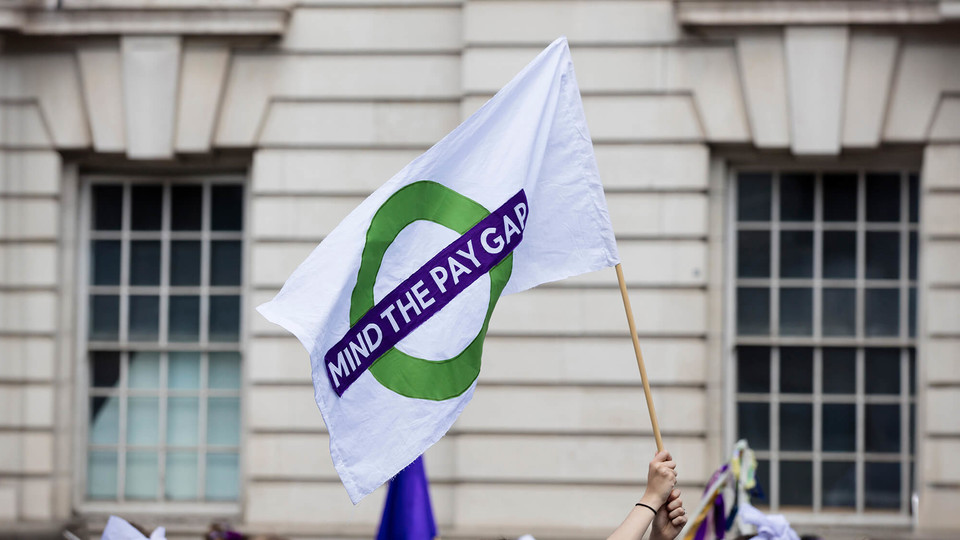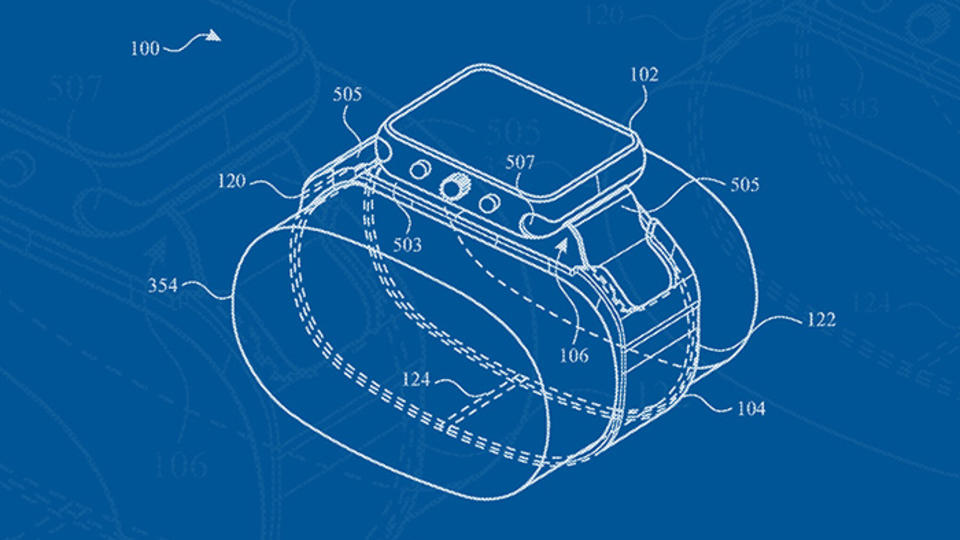
Cannonball Run
Why Do Retail Investors Hold On To High-Risk Stocks?
Based on research by Yuhang Xing, Jennifer Conrad and Nishad Kapadia
Why Do Retail Investors Hold On To High-Risk Stocks?
- Some firms with a high chance of defaulting also have a higher probability of big “jackpot” payoffs.
- But most stocks with a high chance of jackpot payoffs earn abnormally low returns.
- Retail investors often hold these risky, overpriced stocks because they misunderstand pricing charts.
Talk show hosts love to waylay unsuspecting civilians with questions in the streets outside their studios. Think Jimmy Kimmel, Ellen DeGeneres, James Corden. Now imagine one of them donning an umbrella hat on a hot day to ask, “What’s the best way to cool off?”
“Eat ice cream!” the average civilian might answer. “Head to Alaska!” “Cannonball into my neighbor’s pool!”
The answers vary, of course, according to temperament. So, too, do different investors’ choices of stocks to buy. According to research by Rice Business professor Yuhang Xing, individual retail investors are leap-in-the-pool types. They’re drawn to positively skewed stocks with a high probability for splashy returns.
What is a positive skewing, exactly? The term refers to an investing chart that plots stock prices on a bell curve to determine where future prices might fall. When the average price is to the right of normal distribution, the stock skews positive. Often, that’s a good thing, luring investors in droves and driving up prices. But Xing and colleagues Jennifer Conrad of the University of North Carolina-Chapel Hill and Nishad Kapadia of Tulane University found positive skewing alone does not tell the whole story.
While investors might hit the jackpot if the bet goes right, they face abnormally low returns if it doesn’t. This actually happens a lot.
By building a mathematical model with historical stock price data from the 1950s onward, Xing and her associates studied why investors hang onto these risky, overpriced stocks. To do this, the researchers translated significant characteristics about stock price data into mathematical formulas.
Trying to disentangle the links among the stock characteristics, Xing and her colleagues came away with several observations, among them that the correlation between extreme outcomes was a better predictor of jackpot returns than volatility alone. They also found that stocks with a high chance of becoming jackpot investments tended to have four notable characteristics: 1) higher skewedness in the past; 2) higher returns over the past year; 3) a higher sales growth rate; and 4) higher volatility. Another discovery was that among stocks with a high probability of default, low returns are only present in the top 30 percent of skewness in the past three months.
These observations, gleaned from the researchers’ mathematical model, help pinpoint which positively skewed stocks will indeed perform. Taken together, they shed light on why an individual investor would hold overpriced stocks. The odds for jackpot returns are irresistible to many investors, which drives up the stocks’ price. The result: A lucky few investors will walk away refreshed, energized and happy after that impulsive cannonball into the pool. Most others will walk away a bit embarrassed, with the distinct sense they just got soaked.
Yuhang Xing is an associate professor of finance at Jones Graduate School of Business at Rice University.
To learn more, please see: Conrad, J., Kapadia, N., & Xing, Y. (2014). Death and jackpot: Why do individual investors hold overpriced stocks? Journal of Financial Economics, 113(3), 455-475.
Never Miss A Story


